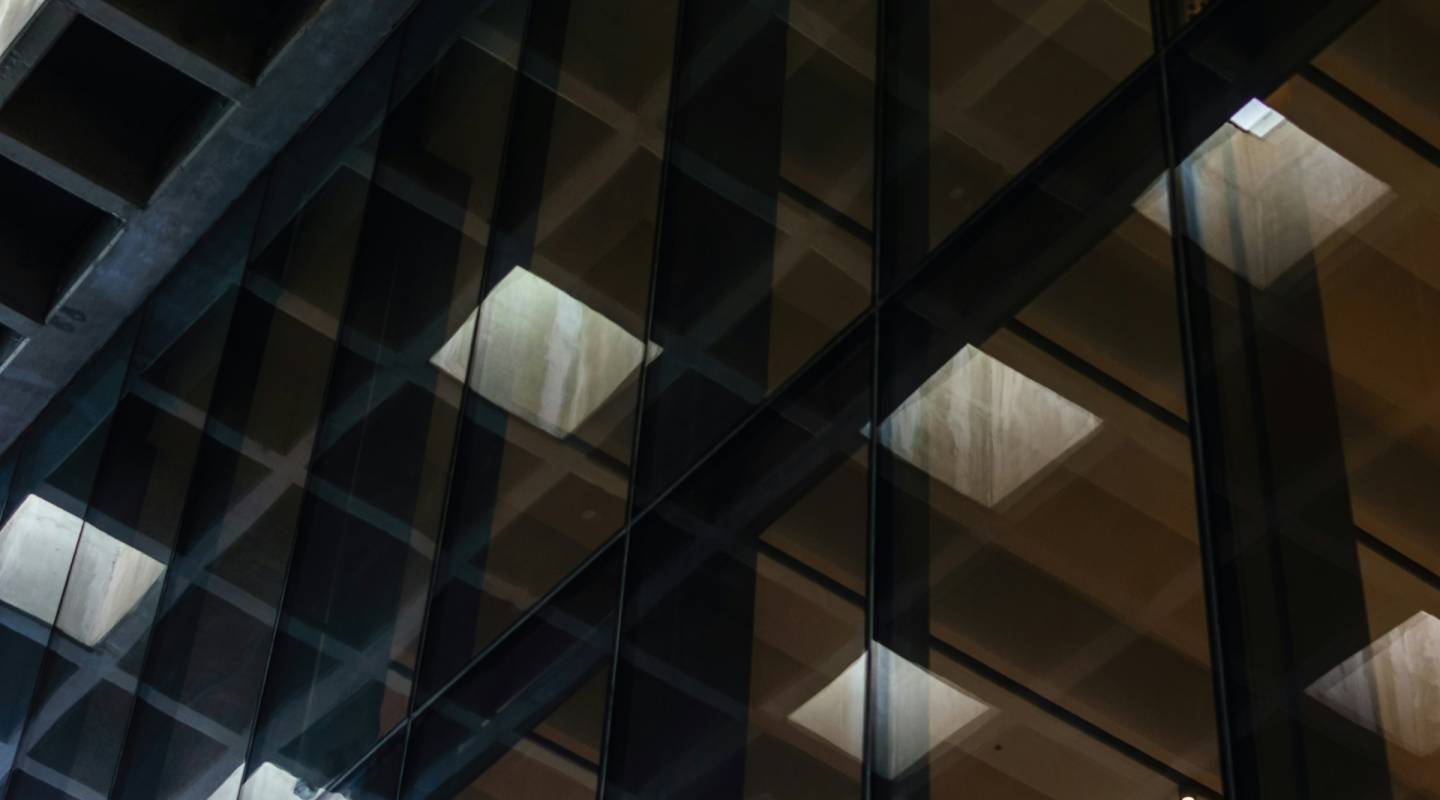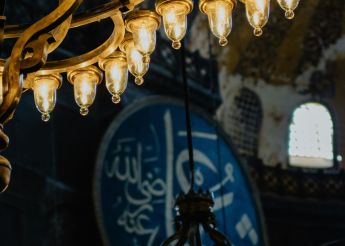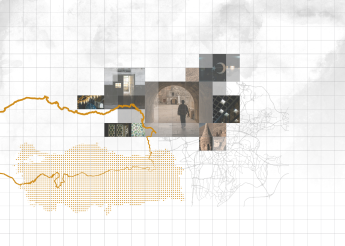Aİ. The maximum-security prison reform was very political in the sense that the prisoners targeted were those sentenced under the Anti-Terror Law, often used to target political opponents. The State’s goal was to break the prisoners’ communes. The reform was also part of a neo-liberal approach imported from the United States and Europe.
Political organisations introduced routine and a disciplinary regime with the aim of creating ‘soldier-prisoners’, while the State sought to create rational, utilitarian individuals responsible for their own behaviour. Prisoners who comply with the rules receive social benefits, while those who do not comply have their benefits withdrawn and are subject to disciplinary sanctions. A points system is employed to indicate the level of risk posed by a prisoner.
The prison administration does not see prisoners as people to be rehabilitated, but rather as people who choose to behave well, or not, in order to receive social benefits.
The system was introduced for the purpose of controlling political prisoners and dismantling their communal structures, but now characterises the prison system as a whole. These prisons were a novelty in the early 2000s, but have since become the standard.
Other prison reforms followed suit in the same neoliberal logic. Non-custodial sentences were introduced in 2006, along with higher mandatory minimum sentences and aggravated life sentences. These same reforms took place in the United States at the start of the neoliberal era in the late twentieth century. In 2000, there were around 58,000 people in Turkish prisons. Today, there are over 300,000. Combined with the 300,000 more people on probation, there are 600,000 people under the criminal justice system today.
In 2006 and 2007, I interviewed many former political prisoners, as well as officials from the Ministry of Justice and the prison administration. They gave me permission to enter the prisons. The political climate was different at the time because Türkiye wanted to present itself as the model democratic Islamic country. This changed in 2010 as access to information became more difficult.
Today, there is a crying lack of data. When it comes to accessing certain documents, the authorities have the final say on how the information can be used. They are not very cooperative. Human rights organisations also suffer because their access is increasingly limited. In terms of quality, there is more information on Ottoman prisons than contemporary prisons.





